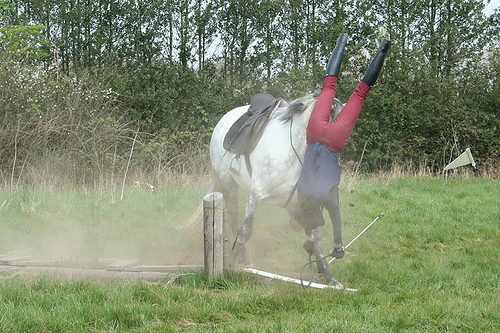One must emulate both the fox and the lion, because a lion cannot defy a snare, while a fox cannot defy a pack of wolves. – Niccolò Machiavelli

Yes, the lion will drive off the wolves, but if the wolves use trickery, will the lion still win, or will the lack of flexibility cost him dearly?
What does that mean?
This is another Twitter shortened quote, which is stated more completely as: “A Prince must imitate the fox and the lion, for the lion cannot protect himself from traps, and the fox cannot defend himself from wolves. One must therefore be a fox to recognize traps, and a lion to frighten wolves.”
This quote is from a section on keeping faith (keeping promises), and details how and when a Prince should keep or break his word. The opponents of the Prince are cast as the wolves, who would either attack him directly (beastly attacks of force) or lay traps for the purpose of entangling him (clever attacks by law or using the word of the Prince against him).
To survive the direct attacks, he argues, the wolves must be met by a lion, a great and fearsome beast, more than able (in theory) to scatter and defeat a group of hungry wolves. In this, he says that aggressive use of force is necessary against those who would use it against you. Against the wolves the fox is no match.
Similarly, the fox must be of sufficient cunning to recognize traps set by the wolves, and (being a fox), outsmart the less clever wolves. In this, he says that when the conditions under which a promise was made no longer exist, or when it has been breached by those of bad faith, a Prince should no longer be bound by these promises. He also urges a Prince to sever any promises made with a wolf, as the wolf has already broken faith with the promise in the attempt to use it against the Prince. Against these wolves, the lion is no match.
Neither the lion alone, nor the fox alone can survive against the wolf. The Prince needs a mix of both, and must know when to break a promise to disarm the wolf when they attempt to out-fox the Prince. It’s an interesting chapter, and one worthy of a further reading.
Why is flexibility important? Continue reading













